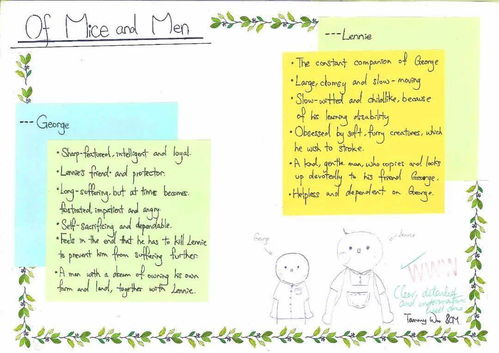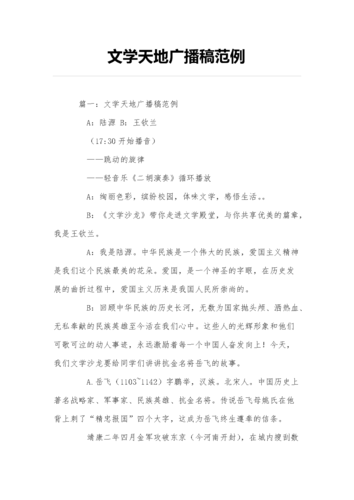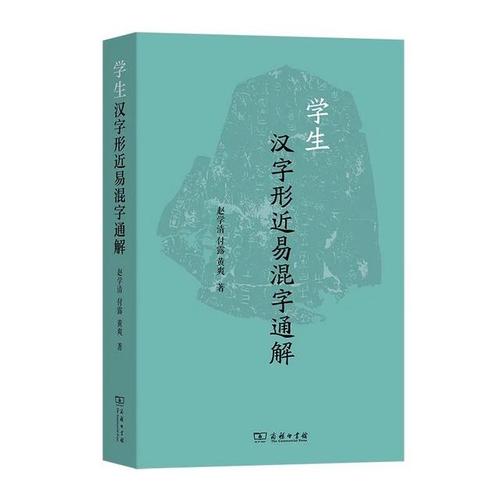词汇与短语的英语
Exploring English Vocabulary and Literary Works
English vocabulary and literary works are vast realms, intertwined to create the rich tapestry of language and literature. Let's embark on a journey through these domains, unraveling the essence of words and the magic of literary masterpieces.
The Power of Words:
Words are the building blocks of communication, each imbued with its own meaning, nuance, and history. English vocabulary draws from diverse sources, encompassing AngloSaxon roots, Latin and Greek influences, and borrowings from languages across the globe. Understanding the nuances of vocabulary is essential for effective communication and literary appreciation.
1.
Word Origins and Etymology:
Delving into the origins of words unveils fascinating stories. For instance, the word "serendipity" traces its roots to a Persian fairy tale, while "pandemonium" was coined by John Milton in *Paradise Lost*. Exploring etymology enhances not only vocabulary but also cultural understanding.
2.
Semantic Fields and Synonyms:
Words within the same semantic field share related meanings, offering alternatives for expression. For example, the synonyms "happy," "joyful," and "ecstatic" vary in intensity, allowing writers to precisely convey emotions. Understanding synonyms enriches both writing and comprehension.
3.
Idioms and Phrases:
Idioms add color to language but can be perplexing to nonnative speakers. From "raining cats and dogs" to "kick the bucket," idiomatic expressions reflect cultural peculiarities and historical contexts. Exploring idioms fosters cultural literacy and linguistic fluency.
Literary Masterpieces:
Literature transcends time, offering glimpses into different epochs, cultures, and human experiences. From epic poems to modern novels, literary works captivate readers, evoking emotions and provoking introspection.

1.
Classic Literature:
Classic literary works endure through generations, resonating with universal themes and timeless characters. Whether exploring Shakespeare's tragedies, Dickens' social commentary, or Austen's wit, classic literature provides insights into human nature and societal dynamics.
2.
Modern and Contemporary Fiction:
Modern and contemporary fiction reflects the complexities of contemporary life, grappling with issues of identity, technology, and globalization. From the dystopian visions of Orwell and Huxley to the introspective narratives of Murakami and Atwood, modern fiction pushes literary boundaries and challenges conventions.
3.
Poetry and Prose:
Poetry, with its lyrical beauty and economy of language, distills emotions and experiences into poignant verses. From the structured elegance of sonnets to the freeflowing rhythms of free verse, poetry celebrates the musicality of language. Prose, on the other hand, offers expansive canvases for storytelling, inviting readers into richly imagined worlds and intricate narratives.
Guiding Insights:
1.
Read Widely and Reflectively:
Expand your vocabulary and literary horizons by reading diverse genres and authors. Explore classics alongside contemporary works, and reflect on the themes, styles, and techniques employed by different writers.
2.
Engage with Language:
Actively engage with language through writing, speaking, and listening. Experiment with words, phrases, and literary devices to hone your expressive abilities and cultivate a personal voice.
3.
Embrace Cultural Context:
Contextualize literary works within their historical, cultural, and social milieus. Consider the perspectives of authors and characters, and examine how societal norms and values shape narratives and themes.
4.
Join Literary Communities:
Connect with fellow enthusiasts through book clubs, literary forums, and writing workshops. Engaging in discussions and collaborations fosters a deeper appreciation of literature and facilitates lifelong learning.
In essence, English vocabulary and literary works are intertwined facets of language and culture, inviting exploration, interpretation, and appreciation. By delving into words and immersing ourselves in literary worlds, we embark on a transformative journey of understanding and creativity.
[//]: (Closing remarks or additional notes can be added here.)










